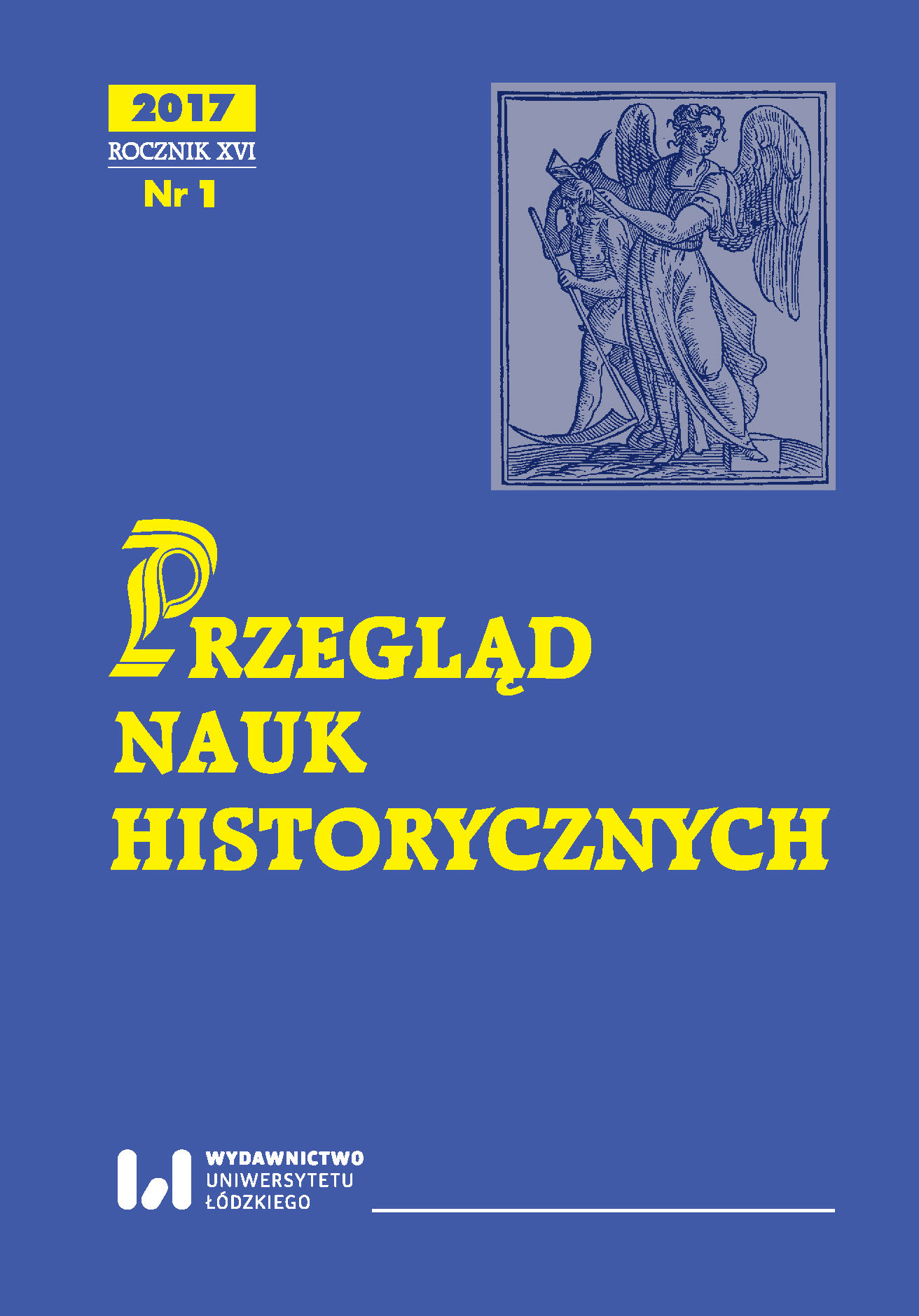Nauka o mleku zawarta w twórczości Dioskuridesa. Studium źródłowe
The doctrine of Dioscurides with regard to milk: a source study
Author(s): Maciej Kokoszko, Krzysztof Jagusiak, Jolanta DybałaSubject(s): Cultural history, Agriculture, Social history
Published by: Wydawnictwo Uniwersytetu Łódzkiego
Keywords: Dioscorides; ancient medicine; Byzantine medicine; ancient food processing technology
Summary/Abstract: Pedanius Dioscurides of Anazarbos, a physician working for the Roman army living in the first century AD, secured his place in history of medicine as the author of two works, namely De materia medica, and Euporista vel de simplicibus medicinis. Among the substances referred to by the doctor of Anazarbos we find numerous animal-based products, including milk (gála; γάλα), whey (órros; ὄρρος), cheese (týros; τύρος) and butter (boútyron; βούτυρον). Dioscurides’ treatises belong to the group of the oldest surviving examples of highly developed medical theory of milk. The subject in question was considered to be important as regards therapy, and therefore interesting to both doctors and the wider public keen on acquiring knowledge (such was the intended readership of Pliny). As for the theory, it was sufficiently developed to be seen as a separate branch of dietetics and pharmacology. The data discussed in the present study indicate that this medical doctrine had developed before the first century AD, prior to being formulated in the form observable in De materia medica and in Euporista vel de simplicibus medicinis. The similarities between the accounts of Dioscurides on the one hand and Celsus and Pliny on the other suggest that all these doctors made use of established and widely adopted standards. The surviving evidence confirms that the doctrine on milk was not modified after the first century AD. Galen, writing in the second century, did not introduce any major changes with regard to its theory. Dioscurides’s treatises and other medical texts which contained discussions on the doctrine concerning milk can not only be useful as sources for history of medicine sensu stricto, but also for the study of ancient and early Byzantine economy, particularly as regards the breeding of milk animals. In addition to that, by discussing the technology of production of individual substances, the texts in question illustrate the popular methods used in contemporary cuisine. Moreover, they shed light on the patterns of consumption of various foodstuffs, and in consequence impart information on the contemporary society. Thus, the works of the doctor of Anazarbos can rightly seem to provide excellent reference material, in particular for the study of the daily life of most social classes, and as such they should be seen as a vital historical source, useful not only for historians of medicine. Poniższy tekst dotyczy przede wszystkim zastosowania mleka i uzyskiwanych z niego produktów, tj. serwatki, sera i masła, w medycynie okresu wczesnego Cesarstwa Rzymskiego ukazanej przez pryzmat dwóch greckich dzieł(obu prawdopodobnie) autorstwa Dioskuridesa znanych pod łacińskimi tytułami De materia medica i Euporista vel de simplicibus medicinis. Ważną jego część stanowią jednak również analizy tych fragmentów obu wymienionych traktatów,które mają charakter pozamedyczny i dotyczą kwestii związanych z technologią spożywczą, kwantyfikacją rodzajów mleka czy metodami hodowli zwierząt mlecznych. Obok zatem informacji dotyczących terapeutycznych właściwości opisywanych produktów i szeregu przykładów ich praktycznych zastosowań w lecznictwie uprawianym przez Dioskuridesa, czy szerzej: medyków w początkach nasze jery, omawiamy m.in. znajdujące się u tego autora zalecenia dotyczące technologii gotowania mleka, uwagi dotyczące wpływu paszy na jakość udojonego płyn uczy metody produkcji stosowane w ówczesnym serowarstwie. Zaczerpnięte z Dioskuridesowej spuścizny dane (zamieszczone przezeń niejako na marginesie jego głównego wywodu dotyczącego sztuki medycznej) uzupełnione wiadomościami pochodzącymi z traktatów innych autorów tej epoki, jak Celsus, Pliniusz Starszy.
Journal: Przegląd Nauk Historycznych
- Issue Year: 16/2017
- Issue No: 1
- Page Range: 5-38
- Page Count: 34
- Language: Polish

